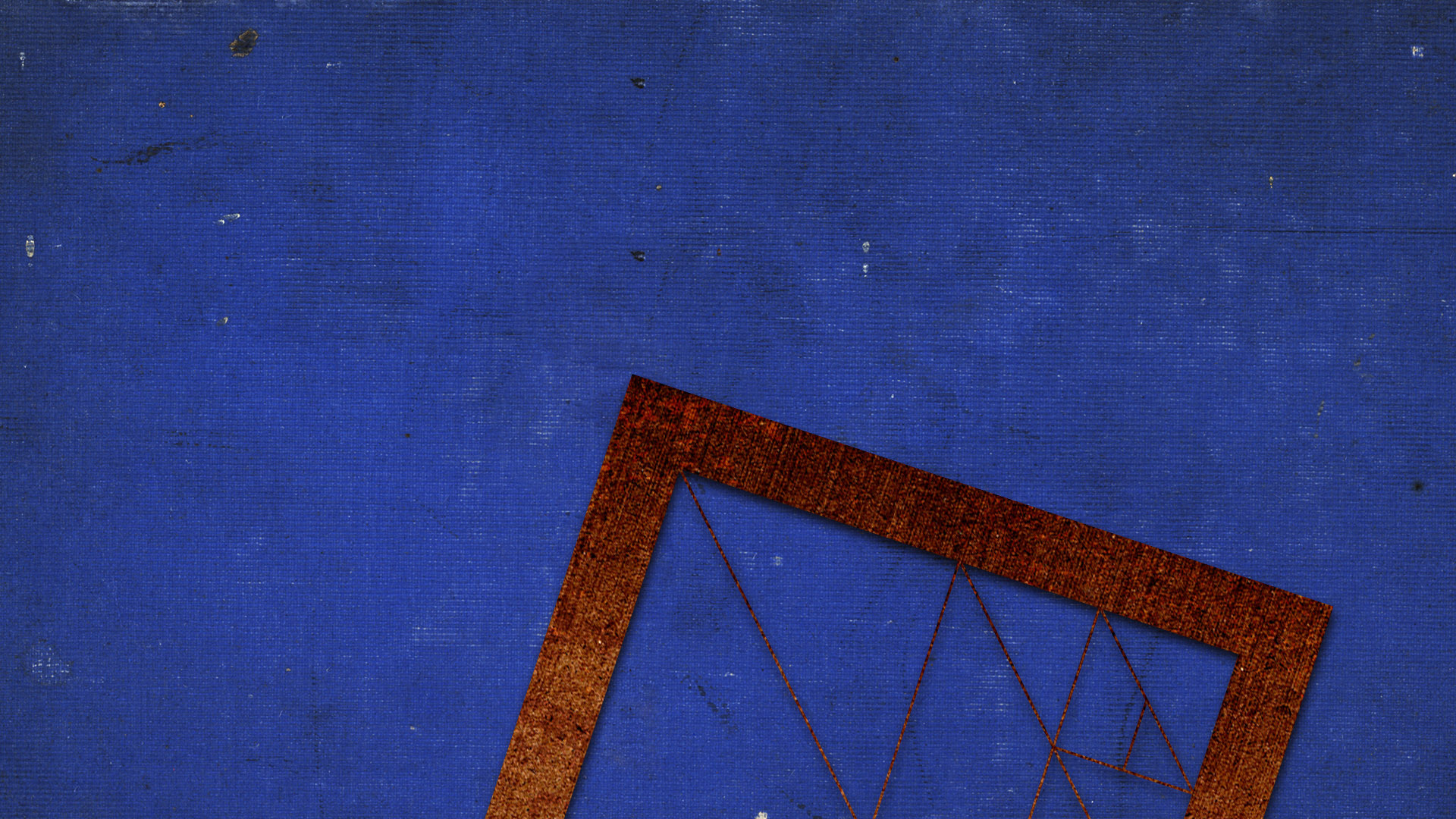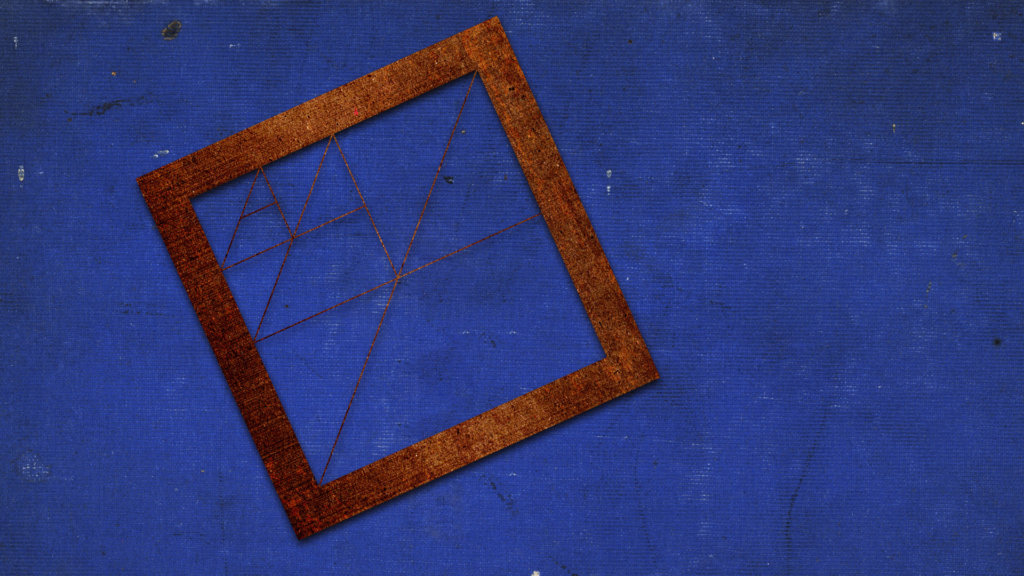A Crypto Visionary Predicts the Future of NFTs While Creating It

Non-fungible tokens are one of the fastest-growing segments of the crypto-sphere. In 2017 the total NFT sales globally reached $30 million, while so far in 2021 it has exceeded $2.5 billion – with demand continuing to grow across space.
Technically speaking, an NFT is a software app with specific conditions programmed into its computer code. This code allows the NFT to be bought, sold, or transferred to someone else once those conditions are met. As part of a blockchain, additional transactions could be added to the NFT – such as a new owner if it’s sold – but the initial NFT coding cannot be altered.
Currently, the majority of NFTs run on the Ethereum blockchain – the leading platform for smart contracts and NFT exchanges. Those exchanges are online markets where NFTs are purchased or auctioned, similar to how eBay works – auctioning physical goods.
As digital assets, NFTs allow the transfer of virtual versions of music files, original art, videos, digital trading cards, sports memorabilia, e-tickets, in-game purchases…etc. NFTs can also be used as “certificates of ownership” for any physical asset for sale. Despite this growth and excitement, these are the early days of NFT adoption.
In an exclusive interview with DailyCoin Colin Platt, co-founder of Unifty says his project is creating the future of NFTs today.
“We have a couple of ideas around how we can enlarge our product offering at Unifty, to cover things that are kind of generic, smart contracts that can span across many different industries, a lot of people are interested just how they can create their own NFT tokens as well as social tokens.”
According to the Unifty website, it’s described as “…a multi-chain infrastructure platform, focusing on the creator economy. Its main target is developing and enabling fully decentralized no-code solutions for creators, with all things, and services around the NFT space. Mint, buy, sell, swap, and create NFTs and NFT farms with just a few clicks, while you are fully owning your contracts.”
Platt says Unifty doesn’t make NFTs, it makes NFTs easier to use. It currently operates on eight different blockchains, which creates a wide array of use cases and new opportunities.
“I’ve seen people put them [NFTs] up around events. We did something for a large virtual event in late May. People love to have these tokens even if the tokens don’t have any monetary value. It’s just a good way to put them out, like the NFT trend we’re seeing among festival organizers. These festival NFTs don’t really have a dollar value to them, but they help bring people in for a weeklong event. Now, that’s quite cool.”
Platt explains that the Unifty project was created by Markus Bopp, who started it in 2020. Bopp was working for a German software company, and Unifty was a spin-out project that he launched.
Platt, who was a former investment banker, came aboard in January 2021 as COO and then CEO of the project. He sees a lot of potential in the NFT space:
“Another thing that we’re doing is extending our reach because we want to hit more networks, we want to make it more usable, plug into more wallets. We want to offer white-labeling solutions for marketplaces, so anybody can come in, build a market that’s only their NFTs, not OpenSea – OpenSea is like the “Amazon of NFTs.” We envision creators using an “NFT Shopify” model and plug that into their own websites. So, imagine an artist with a bunch of NFTs and their own website. They could plug our blockchain-enabled app into their own website. People can go directly to their website and only buy those NFTs on that website. That’s quite a cool thing, we think that will attract a lot of people. That feature is probably our most requested and that should, hopefully, come out in the next couple of months.”
Platt is excited about connecting creators with their communities to drive engagement and the value of the NFTs through enhanced relationships. He’s confident that offering such novel approaches to NFTs will spur mass adoption for the cryptocurrency space overall as well as for his project.
“We love to see people talking about Unifty and using our product, we’re very fortunate that we’ve been earning revenues pretty much since day one, which is very rare in this space to even earn revenue at all. We want to see that continue to grow because that’s really a sign of success and we believe in time that will translate into people wanting to use the platform, wanting to join the community.”
On The Flipside
- The vast majority of NFT activity is still occurring on the Ethereum blockchain.
- Until Ethereum fully implements ETH 2.0, it will be challenging for NFTs to reach their full potential on blockchains with significantly less network effect compared to Ethereum.
Watch the entire interview here:
EMAIL NEWSLETTER
Join to get the flipside of crypto
Upgrade your inbox and get our DailyCoin editors’ picks 1x a week delivered straight to your inbox.
[contact-form-7]
You can always unsubscribe with just 1 click.
Analytical, Interview, nft art, NFTs, UniftyRead More
OhNoCrypto
via https://www.ohnocrypto.com
, @KhareemSudlow

